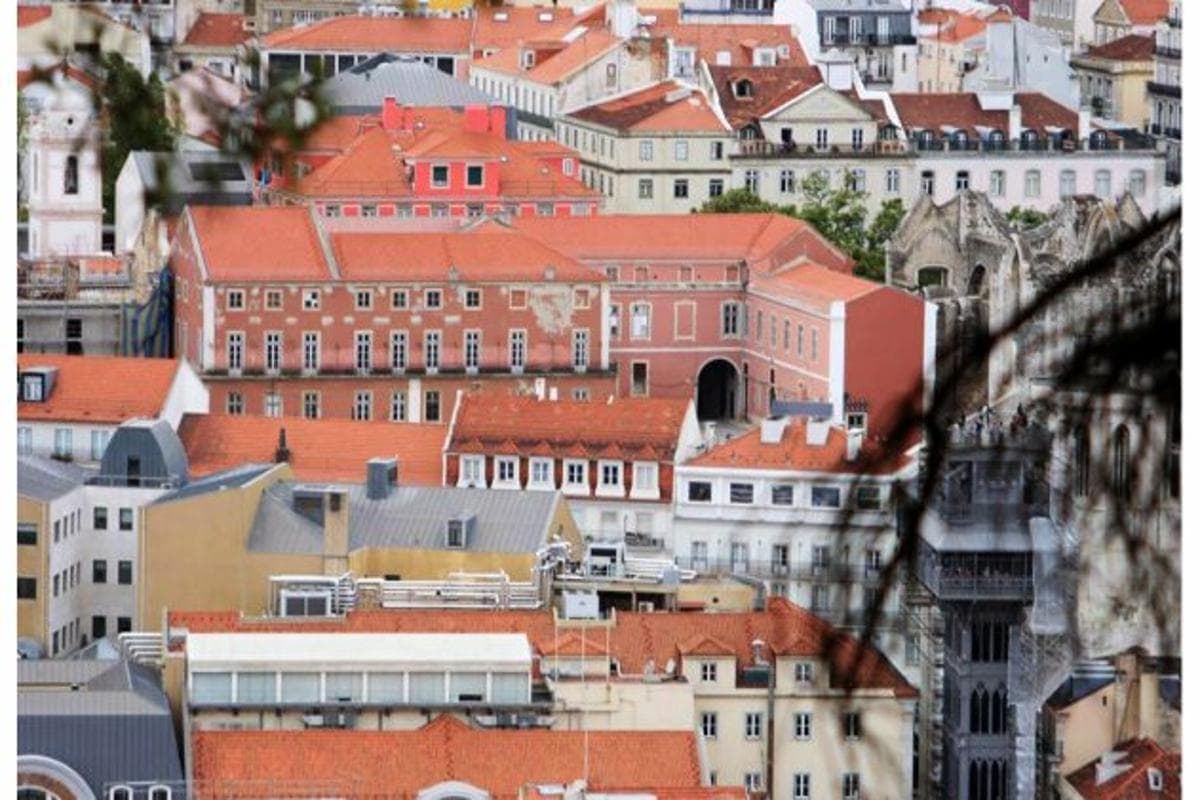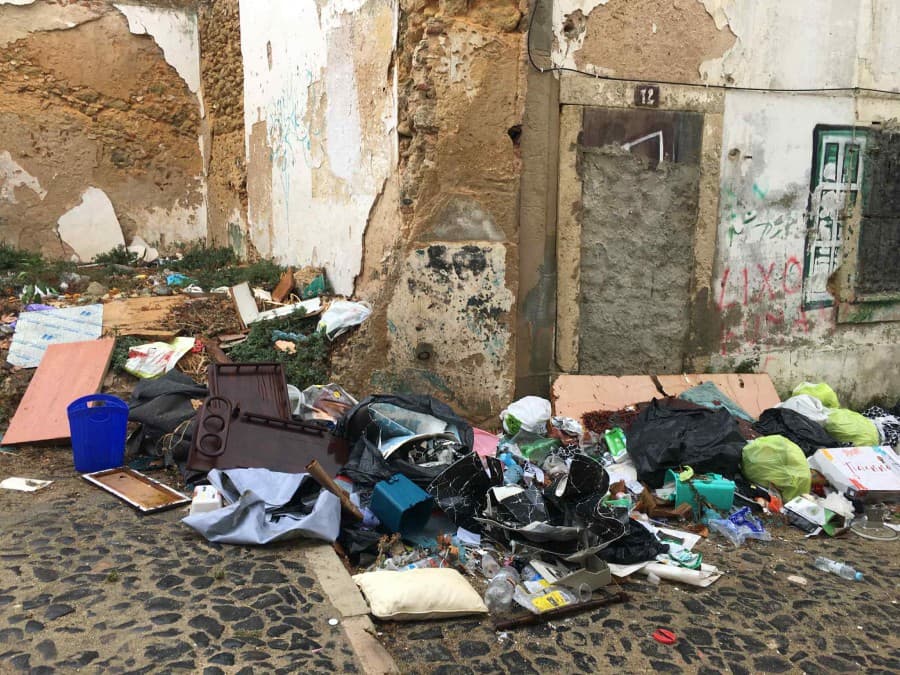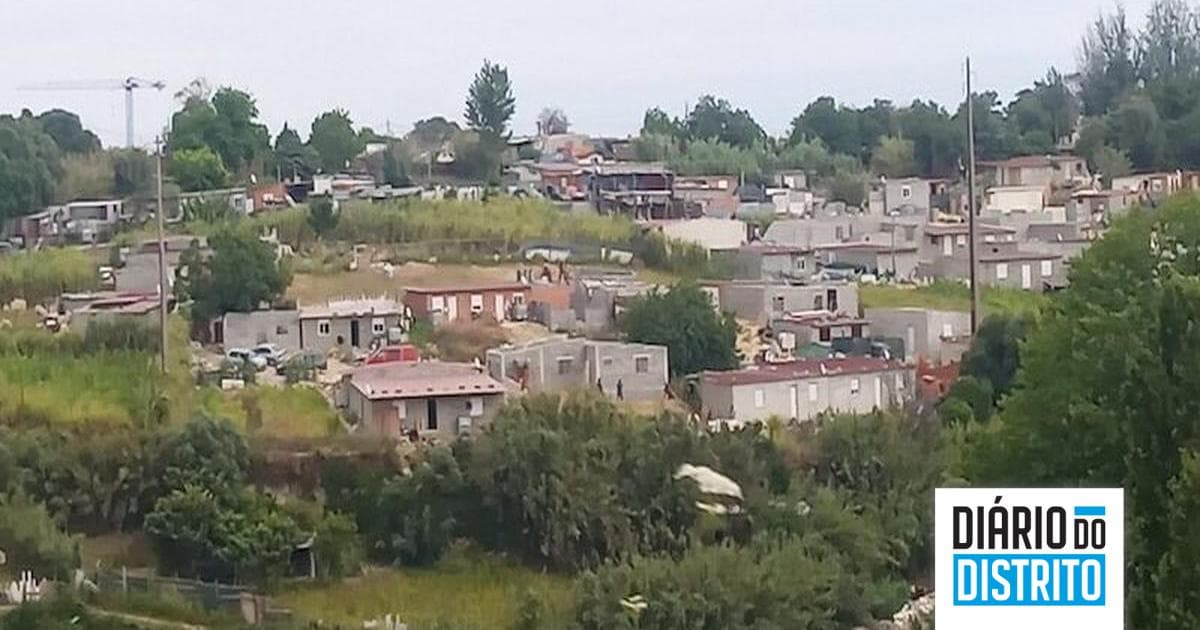Government Pledges Action Plan for Penajoia's Unregulated Housing Development in Almada
The mayor of Almada, Inês de Medeiros, has secured a commitment from the central government to advance an action plan for the rapidly expanding unauthorized neighborhood of Penajoia. Following a meeting with Secretary of State for Housing, Patrícia Gonçalves Costa, it was confirmed that the Institute for Housing and Urban Rehabilitation (IHRU), which owns the land, will present a strategy to manage the settlement where an estimated 500 families now reside.
The development project in question is a self-built, or 'autoconstruído', neighborhood that has grown exponentially on state-owned property in the Setúbal district municipality. Mayor Medeiros described the situation as reaching a critical point, stating, 'The increase in constructions has been exponential, and it is fundamental that the IHRU takes measures at all levels, not only regarding the increase in constructions but also the supply of essential goods.'
The timeline for the implementation of the action plan is now a key focus. The plan is expected to be remitted to the municipal authorities shortly, allowing them to provide input based on their on-the-ground assessment of the challenges. The primary phases of the proposed intervention will involve immediately halting any new construction, conducting a thorough survey of the existing dwellings and population, and establishing a framework for the potential regularization of the area.
The growth of Penajoia has placed significant strain on local infrastructure, a major point of concern for the Almada municipality. The mayor highlighted the impact on residents both within and outside the settlement, particularly concerning illegal connections to water and electricity grids. 'Illegal connections mean that pipelines are being broken,' Medeiros explained, noting the fragility it introduces to the public water supply system. E-Redes, the electricity distributor, has also reported numerous problems stemming from unauthorized power tapping.
Need Expert Guidance?
Get personalized insights from verified real estate professionals, lawyers, architects, and more.
The funding for the urban rehabilitation of Penajoia is expected to come from state and IHRU budgets, potentially supplemented by European Union funds for social and urban cohesion. The project will require significant investment in basic infrastructure, including creating a formal road network, installing sanitation and sewage systems, and ensuring safe, legal access to utilities for all residents.
A community consultation process is anticipated as part of the action plan, aiming to involve the residents of Penajoia in the planning of their neighborhood's future. Local officials have stressed the importance of a solution that is both humane and sustainable, addressing the immediate needs of the families while integrating the neighborhood into the broader urban fabric of Almada.
The environmental impact of the unregulated settlement is another key consideration. An assessment will likely be conducted to understand the effects on the land and surrounding areas, with mitigation measures to be included in the final redevelopment plan. The long-term vision is to transform Penajoia from a precarious settlement into a properly serviced and legally recognized neighborhood, ensuring better living conditions for its inhabitants and resolving the long-standing administrative and infrastructural issues.
[Discover emerging areas and local opportunities at realestate-lisbon.com.]





